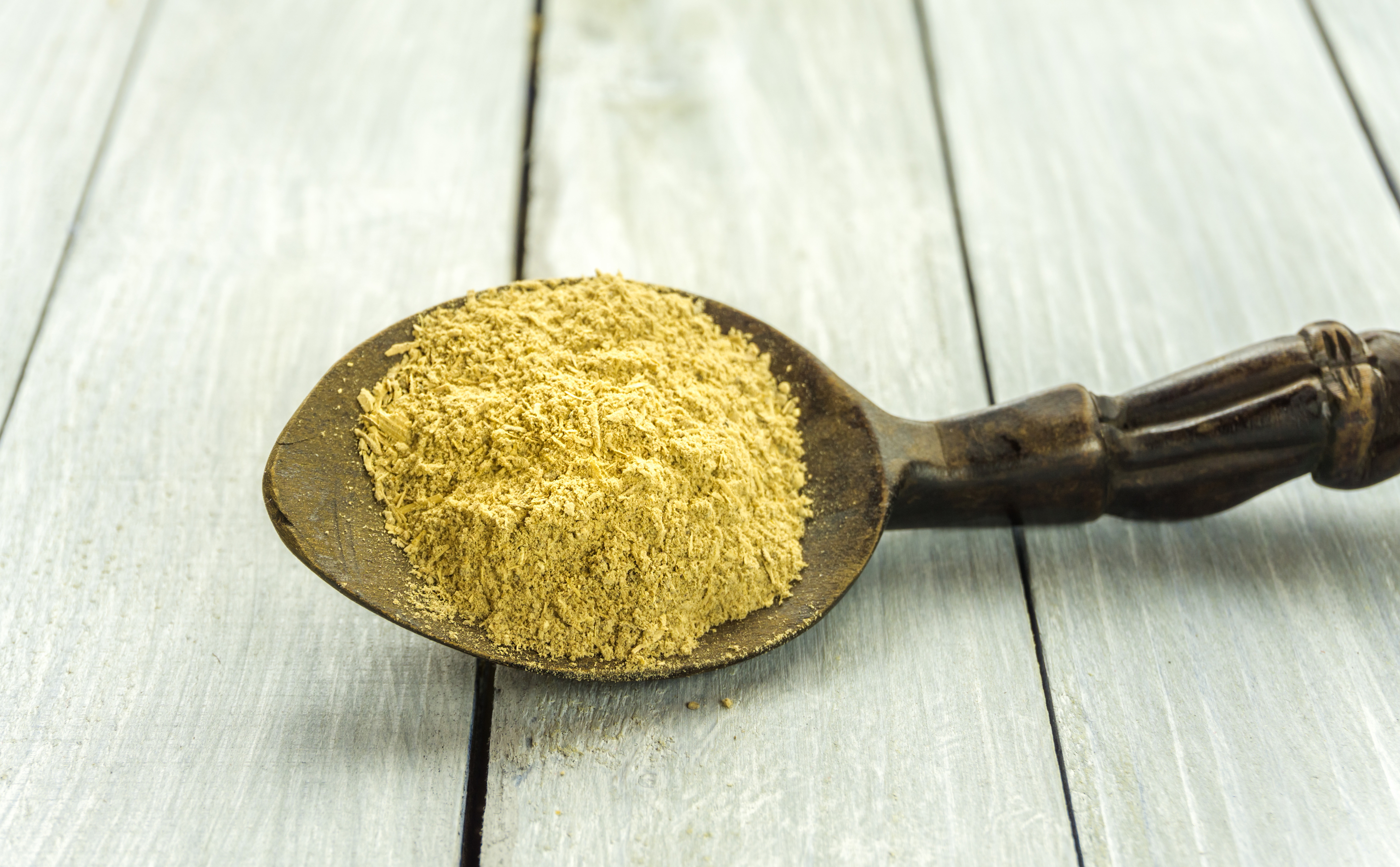12 Natural Supplements That Can Interfere With Prescription Drugs
5. Ginseng: Energy Enhancer or Endangerment?

Ginseng is widely used for its purported energy-boosting and adaptogenic properties. However, its interaction with prescription medications, particularly anticoagulants and antidiabetic drugs, raises concerns. Ginseng can affect platelet aggregation, increasing the risk of bleeding when taken with anticoagulants such as warfarin or aspirin. This interaction can lead to serious bleeding complications, including gastrointestinal bleeding and hemorrhagic stroke. The interaction between ginseng and antidiabetic medications is another area of concern. Ginseng can lower blood sugar levels, potentially enhancing the effects of antidiabetic drugs and increasing the risk of hypoglycemia (abnormally low blood sugar). Symptoms of hypoglycemia include dizziness, confusion, and fainting, which can significantly impact daily activities and quality of life. To mitigate these risks, individuals taking prescription medications should exercise caution when considering ginseng supplements. Consulting with a healthcare professional can help determine the safety and appropriateness of using ginseng alongside prescription drugs. In some cases, alternative energy-boosting strategies may be recommended to avoid potential interactions. By understanding the potential risks associated with ginseng, you can make informed decisions about its use and protect your health.
6. Kava: Anxiety Alleviator or Aggravator?

Kava is a popular herbal supplement used to alleviate anxiety and promote relaxation. However, its interaction with prescription medications, particularly central nervous system (CNS) depressants, is a cause for concern. Kava can potentiate the effects of CNS depressants, such as benzodiazepines and barbiturates, leading to excessive sedation and respiratory depression. This interaction can be life-threatening, particularly in individuals with respiratory conditions or those using multiple CNS depressants. The interaction between kava and medications metabolized by cytochrome P450 enzymes is another area of concern. Kava can inhibit these enzymes, leading to altered drug metabolism and efficacy. This can result in increased side effects or reduced therapeutic benefits of medications such as anticonvulsants, antidepressants, and certain antipsychotics. Given these potential interactions, it is essential for individuals taking prescription medications to consult with their healthcare provider before using kava. A thorough evaluation of the risks and benefits can help determine whether kava is a suitable supplement for you. In some cases, alternative anxiety-relief strategies may be recommended to avoid potential interactions. By understanding the complexities of kava's interactions, you can make informed decisions about its use and minimize the risk of adverse effects.
